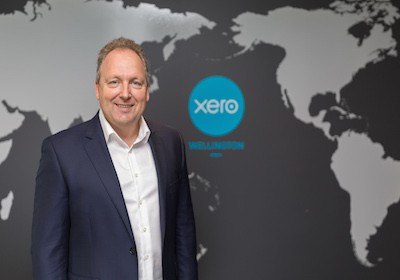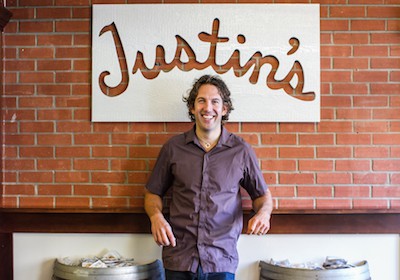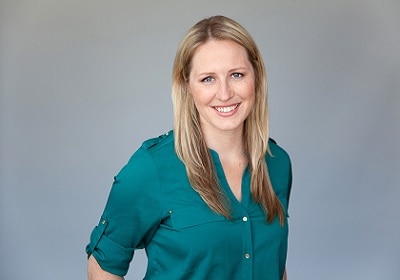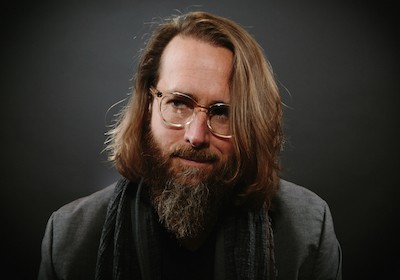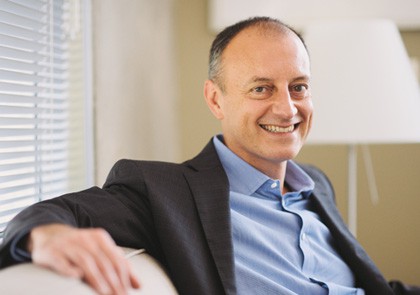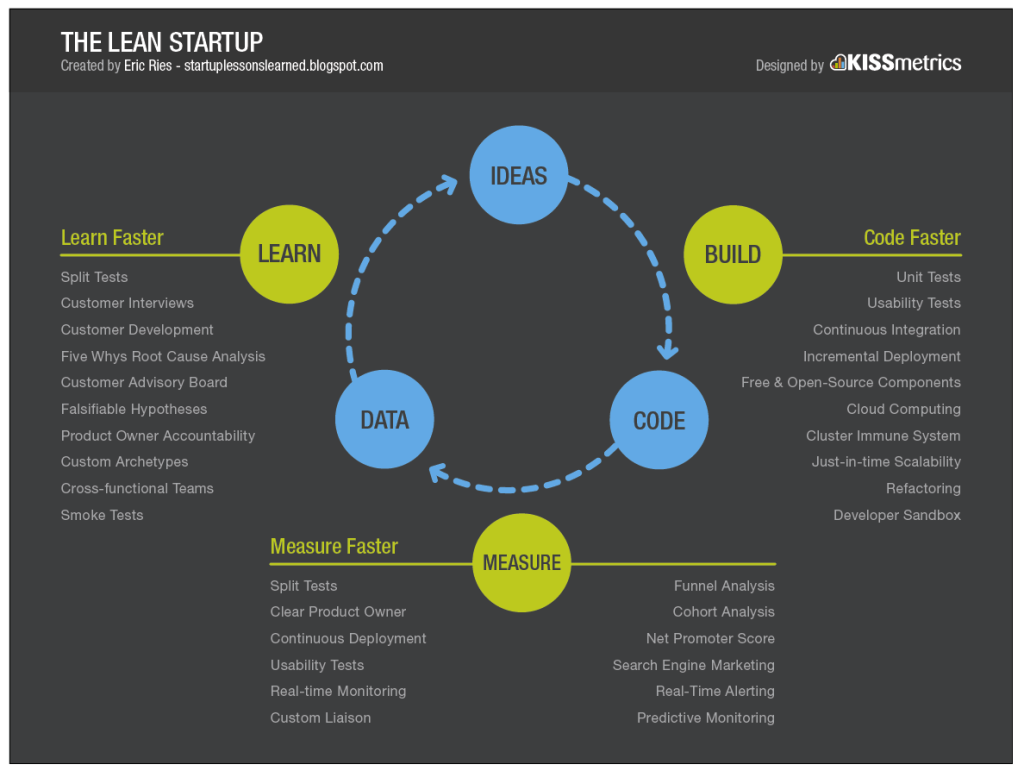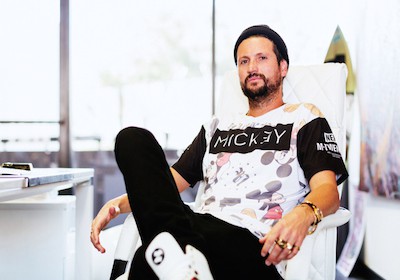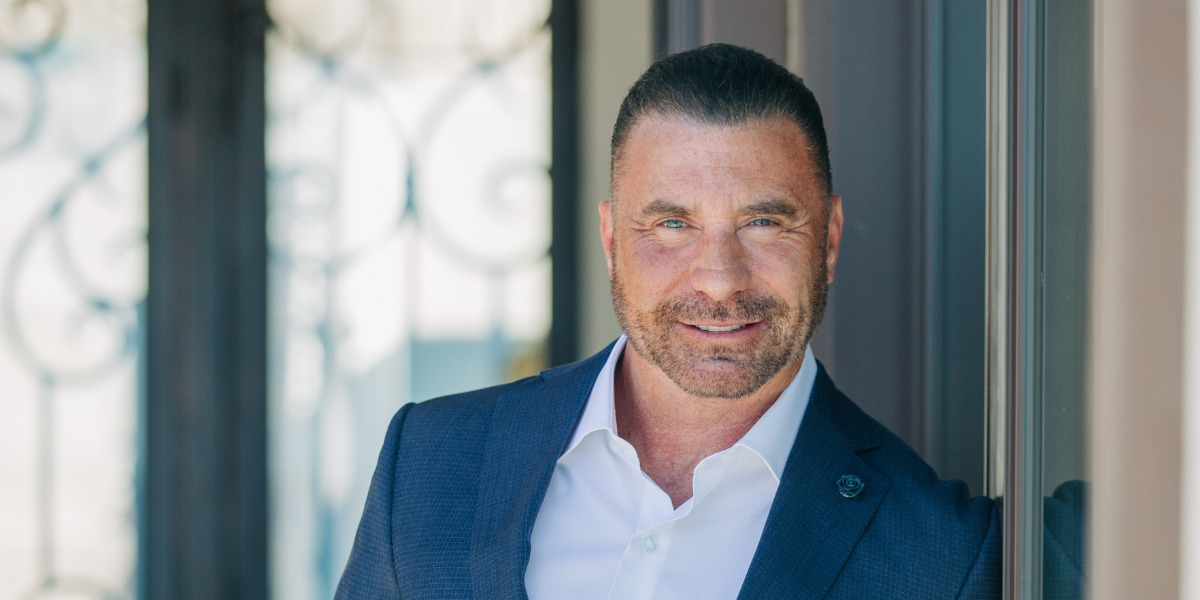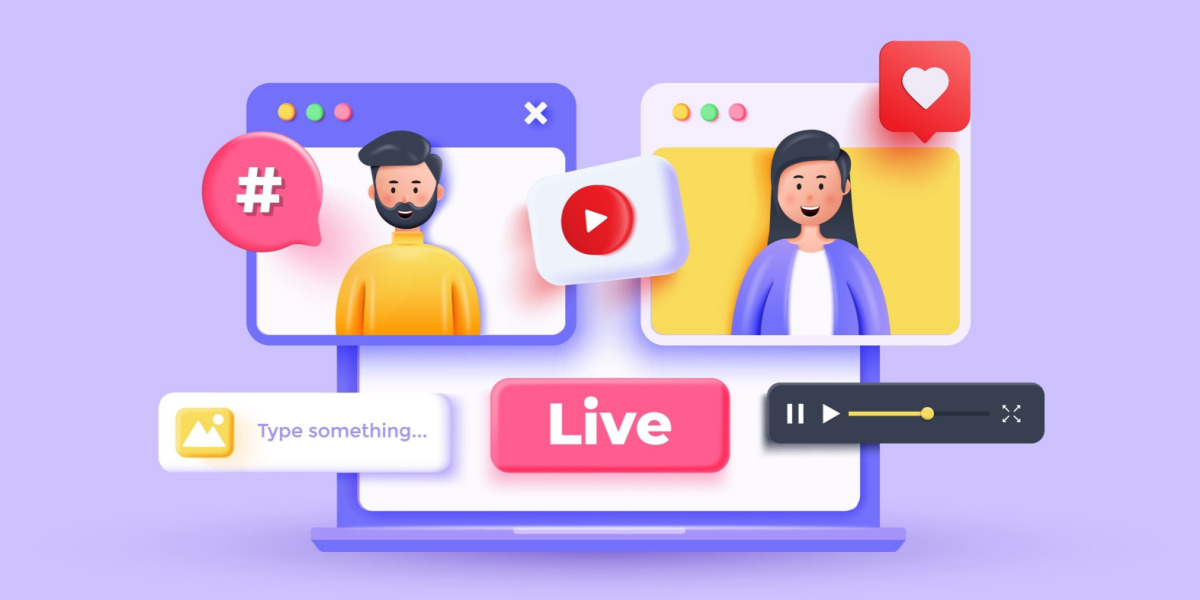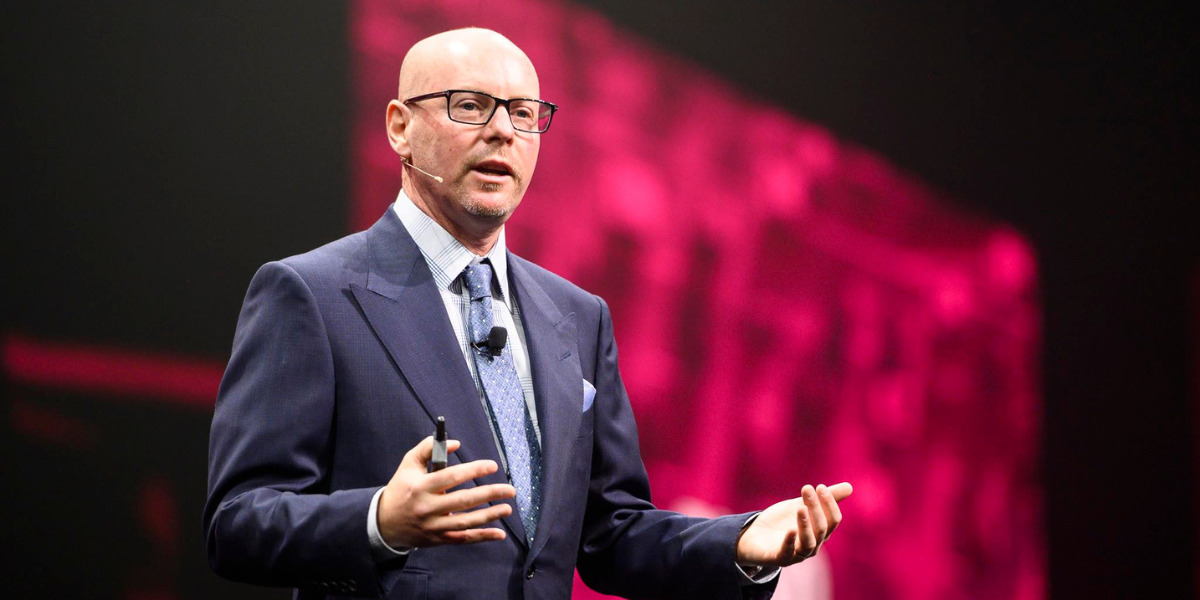What is the key skill when it comes to achieving success? In truth, the answer is different for everyone. Not everyone is the same, and not every business is the same. What works for another person might not work for you, but that doesn’t mean that you should ignore the advice that’s out there.
So here at Foundr, we’ve compiled a list of notable entrepreneurs, and their critical skill for success.
But don’t be expecting mere platitudes and quotes here. We’ve gone the extra mile to break down what each entrepreneur is saying, and get the research behind each skill and how it could help you.
“Get out on your bike or take a swim. As you get older, it’s more important, and your brain actually needs time to assimilate things. And you can’t do that with conscious thought. So I always find if I have a problem, by the time I’m riding back down the hill I’ve got it solved.” – Rod Drury, CEO and co-founder of Xero.
Ever since starting his accounting software company Xero in 2007, Rob Drury knows of the importance of taking a break from work to de-stress. While many entrepreneurs complain about having difficulty switching off from work and setting aside time to decompress. Rod Drudy’s answer is simple: put in as much effort to relax as you do work.
Staring at a problem isn’t going to solve the problem. In fact, science has shown that actually taking your mind off work is the best way to come up with the creative solution you’ve been looking for.
So take a leaf out of Rod Drury’s book and go surfing. If that’s not your thing, then just go out and be active- actually get out of your workspace and do something different.
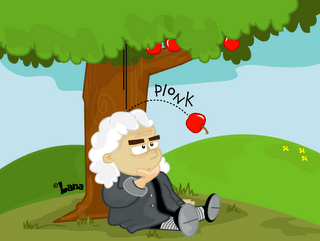
Work hard at relaxing. You’ll find that you’ll be better off!
Pick up the latest issue of Foundr Magazine to get more insight from Rod Drury himself.
“You have to have a great product, a good brand, packing and all that fun stuff, and good timing in the market. Those three things don’t guarantee you success. So now what? The last part of that are people. I knew through interviewing other successful founders that I needed to hire people smarter than I am, experts in their field.” – Justin Gold, founder and CEO of Justin’s Nut Butters.
Justin Gold didn’t plan on becoming an entrepreneur. He was originally studying to be a lawyer, but that all changed when he launched his company in 2004. While being both a visionary and innovator is what ultimately led Justin to success, he freely admits he couldn’t have done it on his own.
Knowing your weaknesses is critical for any entrepreneur. We all have weaknesses, things that we just aren’t that good at. That’s when having a great team comes into play.
Being an entrepreneur doesn’t mean you have to do it all by yourself. Part of being a great entrepreneur is being a great leader. And you can’t be a leader without having people who support and follow you.
This recent white paper by the Michigan Ross School of Business shows that having people around you whose opinions you can trust forces you to challenge yourself and your vision, driving you to move forward at all times.
Research done at the Simon Business School of the University of Rochester explains that a team is a cohesive unit of individuals whose skills complement each other. Having people you can trust to do the things you can’t will give you the time and ability to focus on your own strengths, what only you can do.
Learn to trust others. Only work with those whose passion and enthusiasm match yours. And experience the joy of success together.
Check out Foundr’s own interview with Justin Gold to hear more of his secrets to success.
“Whenever you’re trying to do something new in the world, if you’re trying to create any kind of meaningful change, especially change that will help the world, you have to expect resistance. Resistance comes in the form of ridicule. It comes in the form of rejection. It comes in the form of self-doubt. It’s your job to keep going.” Danae Ringelmann, Chief Development Officer and founder of Indiegogo.
Indiegogo was launched in 2008 after 92 venture capitalists refused to fund the platform, only one said yes. But despite it all, Danae Ringelmann never gave up hope and persevered. Ever since then, Indiegogo has become one the largest and most popular crowd-funding platform in the world. Since it’s inception, Indiegogo has raised over $40 million in funding and has hosted over 200 thousand campaigns.
Not everyone understands change, not everyone appreciates it. That sucks because as an entrepreneur your business is in changing the world. Whether it’s changing your industry, your local community or the world, as an entrepreneur your entire business model hinges upon changing the current status quo. Unfortunately, not everyone is going to be happy about it.
No one achieves success overnight, rarely do they ever achieve success with their first business venture. On average entrepreneurs will fail 3.8 times before achieving final success, the only true difference separating success stories and failures is persistence. The true mark of an entrepreneur isn’t when they succeed, but when they fail and get back up.
Especially when you have a product that’s never been created before, something that’s so new that there’s no benchmark for what could happen, people will be scared. It’s times like these that you should really consider what Ringelmann is saying. After all, you’re in the business of creating change. People won’t like it, but you don’t need everyone. You just need to keep going until you find the right people, the right time and the right chance for success.
Get more insights to success and crowdfunding with Foundr’s exclusive interview with Danae Ringelmann.
“It’s going to be our version of great, not someone else’s version. And those who agree with us, they’re going to love what we do. And those who don’t agree with us, maybe they won’t like what we do. And our loyalty and our efforts should go and be for the people who do like what we do.” Greg Koch, CEO and co-founder of Stone Brewing Co.
Stone Brewing Co. is one of the largest and more beloved craft beer breweries in the United States. Leading the charge for the craft beer revolution with their business in 1996. This was achieved by co-founders Greg Koch and Steve Wagner’s clear and crisp vision of what they wanted their product to be and what they wanted to achieve.
Many entrepreneurs get caught up in the logistics of the business, whether it’s finding the right domain name, logo or packaging etc. Often they completely forget about the customer, once that happens a business is no longer there to make money but to merely stroke your own ego.
You will never create a product that everyone will unanimously love. Just ask anyone if they prefer Android or iPhone. What made Stone Brewing Co. grow so quickly was its loyalty to its target market. Koch knew exactly the kind of customer he wanted, even if they didn’t, and made sure they got exactly what they were looking for.
Here’s an exercise: create an imaginary profile of your perfect customer, break down every aspect of their character and why you want them as a customer. Make sure to break it down even further with demographics, the objective facts like their gender, median income or location. Break it down into usable data.
Conduct keyword research with tools like Market Samurai or good ol’ Google Analytics to track what kind of users are associating themselves with your brand.
Be sure to know your market. Remember that at the beginning and at the end, it’s all about the customer.
Hear more from Greg Koch through our podcast here.
“If I can’t find any content that I want to put out, or I don’t have a good message, I will hold off. It’s always Quality over Quantity, this is what separates us apart from the others out there.” Joel Brown, founder of Addicted2Success blog.
The importance of quality over quantity is important in every field, from mobiles apps to blogging. When faced with high consumer demand, unexpected delays or setbacks, many entrepreneurs tend to panic and quality is the first thing that they drop in order to meet deadlines.
Ask any of these failed Kickstarter campaigns.
The key to sidestepping this problem entirely? Proper planning and transparency.
As we’ve mentioned before your brain has several traps and loops to make sure you are bad at planning. I personally advocate taking the optimum time and adding an extra third for the final deadline. Because the unexpected will occur.
It is vitally important that you also be transparent. While it may be tempting to sneak a fast one and hope no one notices, but it’s been proven time and time again that customers appreciate honesty. Be truthful about any reasons for delays, and make sure to make customers feel included, otherwise you’re just another faceless corporation that’s taking money from them.
At the end of the day remember that your ultimate goal is to provide the best kind of product available.
Take a look at this issue of Foundr Magazine if you want more helpful hints and tips from Joel Brown.
“It starts with a vision of purpose. Successful businesses have a very crisp and clear vision that is well articulated and well understood by the people associated with that business.” Fabio Rosati, former CEO of Elance and Elance-oDesk.
A lot of entrepreneurs have great ideas. Ideas are great, world-changing events can happen from a single idea. But they’re the starting line. The very bare minimum of what’s required for greatness. Forbes talks about how entrepreneurs need more ideas these days.
Now this can excite a lot of young entrepreneurs who then go about investing their capital based on an idea. Only to find out that an idea is vague, it doesn’t have substance and you can’t power a business with an idea. An idea is good, but vision and drive will get you there.
Vision is defined by being actionable, you know exactly what your product is, how it’s packaged and delivered, and who your audience is. While it’s okay to take on board the opinion of others and to pivot when necessary. Don’t let people corrupt your vision.
So be true to your idea, your vision. Be true to who you know will be your loyal customer, because without that then all you’re guaranteed is a failed project.
Learn more from Fabio Rosati through this issue of Foundr Magazine.
“I started coding Buffer before I’d tested the viability of the business. As soon as I realized that, I stopped, took a deep breath and told myself: do it the right way this time. It was time to test whether people wanted this product.” – Joel Gascoigne, CEO and founder of Buffer.
Apps like Buffer are a godsend to social media managers everywhere. With the ability to schedule posts over a variety of social media platforms, as well as an endlessly useful blog, applying the lean startup method Gascoigne was able to turn a simple idea into industry wide innovation.
The lean startup method by Eric Ries is the incredibly popular and effective methodology for startups everywhere. It encourages constant development through iterative processes to ensure a final product of the utmost quality.
However, it all begins with the process of minimum viable product and validated learning. It all begins with having the most bare bones product of your idea and testing, this is the first and most important iteration of validated learning.
There’s no point in building a business around a product if you’re not even sure if people want the product in the first place. Once you pass this first test its back to the cycle again of constantly testing and developing new ideas and seeing what works and what doesn’t.
Get more from the man himself with this issue of Foundr Magazine.
“I tend to charter my evenings, my nights, around hunting down the right guys and just vibing with them on a normal level.” – Shaun Neff, founder of Neff Headwear.
Shaun Neff built his brand through a keen understanding of promotional advertising and networking. Thanks to this Neff Headwear is now an internationally recognizable brand being sold in over 50 countries to date.
People know when they’re being sold to. It’s only recently that businesses have stopped thinking about customers as fish that need to be “lured” or “hooked” in. But instead as someone to engage with, to listen and to serve. People know when they’re being used, and they don’t like it.
This doesn’t just apply to customers as well, I’m sure many who are reading this can immediately picture the facial expression of the politely-disgruntled. An almost-sneer, politely holding back the roll of the eyes and slowly counting away the seconds while they listen to your impromptu pitch.
Be honest and build genuine relationships with people you want to work with, otherwise get used to that look. Use the science of body language to help you feel more confident and at ease when dealing with people.
A text message is good, but a phone call is better. Research shows that two thirds of US adults prefer calling over texting. Use programs like Luper to remind you to call important contacts that you need to stay in touch with.
It’s easy to get caught up and think of individuals as merely tools with certain functions. But remember that it’s much easier to talk to someone over a cup of coffee then at a pitch meeting.
Check out this interview with Shaun Neff himself if you can’t get enough.
“Blogs are a great way to, one, show company culture, which helps with a lot of hiring and recruiting talent. Two, it helps with inbound marketing, so it drives traffic to your site. Three, I think it just really raises the brand profile and brand awareness across the board.” Courtney Boyd Myers, founder of audience.io.
Courtney Boyd Myers founded audience.io in 2013, an online platform bridging the gap for tech startups between New York and London allowing international collaboration. She shows her chops as social media expert through her highly influential biweekly newsletter 3460 Miles, the exact distance between New York and London, where she posts about upcoming startups in the tech industry. As well as maintaining another blog, Hustle and Kale, a health blog designed to show entrepreneurs how it’s possible to live a healthy lifestyle while maintaining a hectic work schedule. Through it all she remains true to her roots as a writer and is a brilliant case study for anyone looking at content marketing.
The online world is filled with noise. When you strip away SEO tactics, traditional marketing and social media, at the bare bones it’s having a quality blog that separates you from the rest of the crowd. Taking away all the fluff, what consumers want to feel like they’re talking to a person and not some faceless corporation. Blogging is an essential way to do that.
Search engines love long-form content and articles are the most shared type of content online. It’s also cheaper to maintain a blog than it is using traditional advertising methods. Research shows that, on average, companies who blog are 13 times to generate a positive marketing ROI.
It’s been proven that quality blogs increase your exposure and drive your business. It’s the reason why guys like me are hired. Canva grew their audience engagement by over 200% within 60 days by tapping into the power of blogging and providing quality material. In the digital age to become an influencer and become a leader in your field, you’re no longer measured by your success, but by how well you can convey that success to a potential audience of millions.
Here’s a neat infographic by the people of Blogger Sidekick on the importance of blogging.
Take a look at this issue of Foundr Magazine to get more tips to success from Courtney Boyd Myers.
Conclusion
There is magical cure all key to success, no single trait that will drive you to the goal you want. But if you look closely, you’ll find that it isn’t a single skill, but multiple skills. Each and every one of these entrepreneurs had to do more than just one thing in order to find success, and if you read between the lines of each success story, you’ll notice certain things that keep coming up over and over again. Don’t try to copy them, but instead, learn from the best. Take their success story and see what you can do, and how to apply it to yourself.
Success will happen if you learn. Add in hard work and determination, and there really isn’t any reason as to why you won’t find yours today or tomorrow.
If you’ve enjoyed this article then be sure to subscribe to Foundr’s monthly magazine which goes into even more depth with new lessons for entrepreneurs each issue, or tune in to our podcast and hear from the entrepreneurs themselves through our exclusive interviews.
Also be sure to like and share this article!

